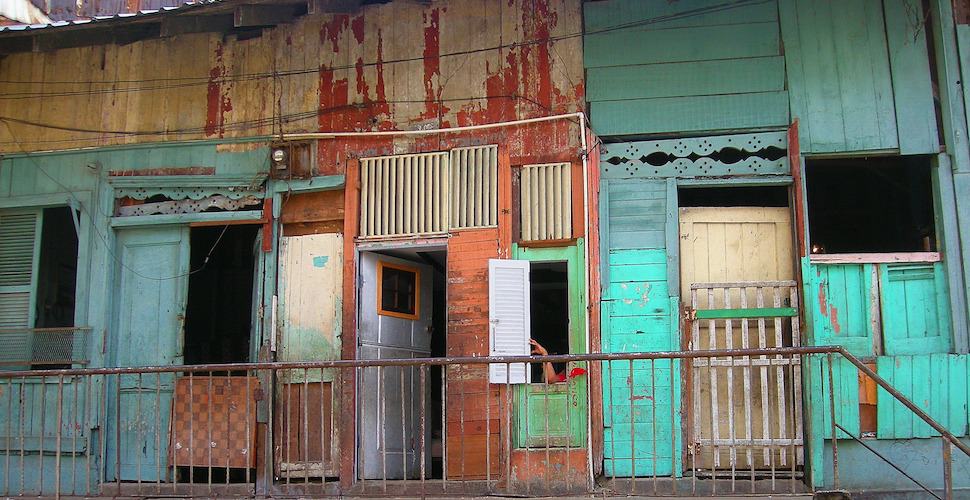This week, the BBC published a report detailing a year-long investigation into child trafficking in Kenya, which has found that vulnerable women in Nairobi were having their children snatched away from them and sold for massive profits.
The price of a child stolen from a homeless mother ranges from US$460 for a girl to US$730 for a boy.
As well as babies being stolen from mothers on the streets, the investigation uncovered child trafficking in street clinics and babies being stolen to order in a major government-run hospital.
Those stealing the babies range from vulnerable opportunists, such as homeless women who are vulnerable themselves, to clinical social workers working in hospitals – whose job it is to protect the wellbeing of vulnerable and abandoned newborns.
Babies that are born and abandoned by their parents are legally meant be taken to a government children’s home, where they are placed with foster parents who have been subjected to background and welfare checks.
The black market of buying babies in Kenya thrives due to a persistent cultural stigma around infertility, with women who cannot conceive children ostracized by society and pushed to purchase babies on the black market.
But shockingly, children are also sometimes used as sacrifices.
Reliable statistics on child trafficking in Kenya are non-existent, with no government reports on the issue, and agencies responsible for finding missing children and tracking the black market are under-resourced and under-staffed.
One of the few hopes for mothers who have had their babies taken are organizations like Missing Child Kenya, which was set up by Maryana Munyendo four years ago and has worked on roughly 600 cases.
Talking to the BBC, Ms. Munyendo highlighted how the crime of babies being stolen from vulnerable mothers is often underreported, as victims do not have to resources or social capital to draw the attention of authorities or the media:
“The under-reporting has a strong correlation to the economic status of the victims…they lack the resources, networks and information to be able go somewhere and say, ‘Hey, can someone follow up on my missing child?”
Vulnerable pregnant women are also exploited in illegal street clinics run by child traffickers.
In these clinics, desperate women go to have their babies to sell them on as they live in abject poverty and have no other way of making money.
These women receive a tiny cut of what the baby is sold for.
Sadly, women whose babies are stolen or who are taken advantage of by child traffickers and persuaded to sell their babies are often not seen as victims and receive little sympathy.
As Ms. Munyendo explains:
“Nobody should assume that people on the street do not have feelings, that they do not deserve justice. They do have feelings. The way you miss your child if you live in a suburban area is the same way you miss your child if you are a mother on the street.”





Freedom United is interested in hearing from our community and welcomes relevant, informed comments, advice, and insights that advance the conversation around our campaigns and advocacy. We value inclusivity and respect within our community. To be approved, your comments should be civil.